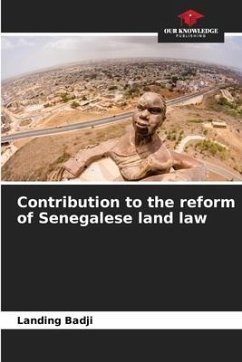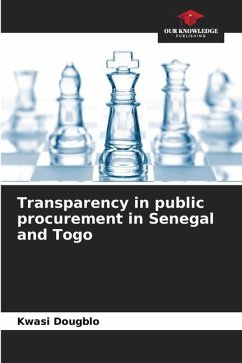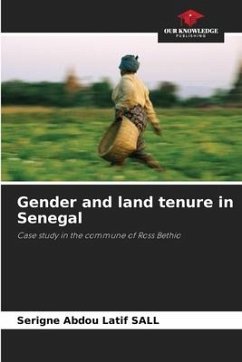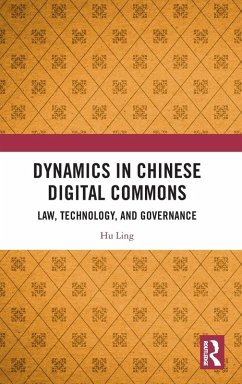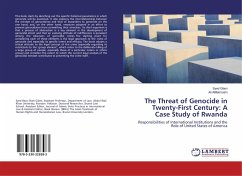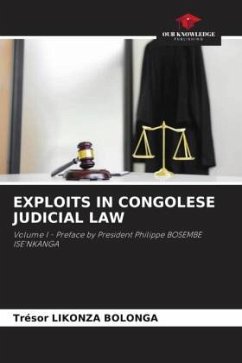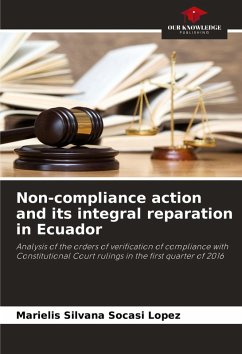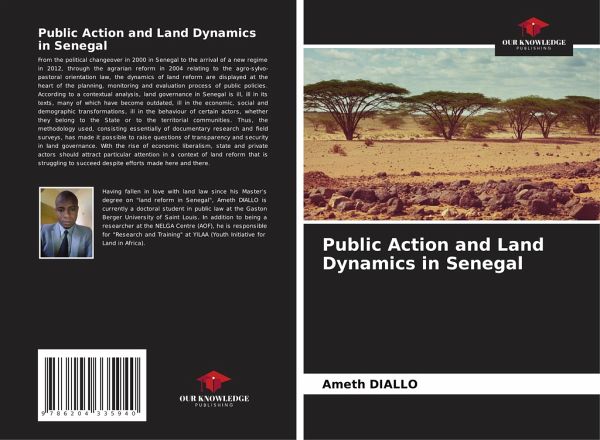
Public Action and Land Dynamics in Senegal
Versandkostenfrei!
Versandfertig in 6-10 Tagen
27,99 €
inkl. MwSt.

PAYBACK Punkte
14 °P sammeln!
From the political changeover in 2000 in Senegal to the arrival of a new regime in 2012, through the agrarian reform in 2004 relating to the agro-sylvo-pastoral orientation law, the dynamics of land reform are displayed at the heart of the planning, monitoring and evaluation process of public policies. According to a contextual analysis, land governance in Senegal is ill, ill in its texts, many of which have become outdated, ill in the economic, social and demographic transformations, ill in the behaviour of certain actors, whether they belong to the State or to the territorial communities. Th...
From the political changeover in 2000 in Senegal to the arrival of a new regime in 2012, through the agrarian reform in 2004 relating to the agro-sylvo-pastoral orientation law, the dynamics of land reform are displayed at the heart of the planning, monitoring and evaluation process of public policies. According to a contextual analysis, land governance in Senegal is ill, ill in its texts, many of which have become outdated, ill in the economic, social and demographic transformations, ill in the behaviour of certain actors, whether they belong to the State or to the territorial communities. Thus, the methodology used, consisting essentially of documentary research and field surveys, has made it possible to raise questions of transparency and security in land governance. With the rise of economic liberalism, state and private actors should attract particular attention in a context of land reform that is struggling to succeed despite efforts made here and there.





